Board member Shazam Hussain, MD, outlines the group’s goals
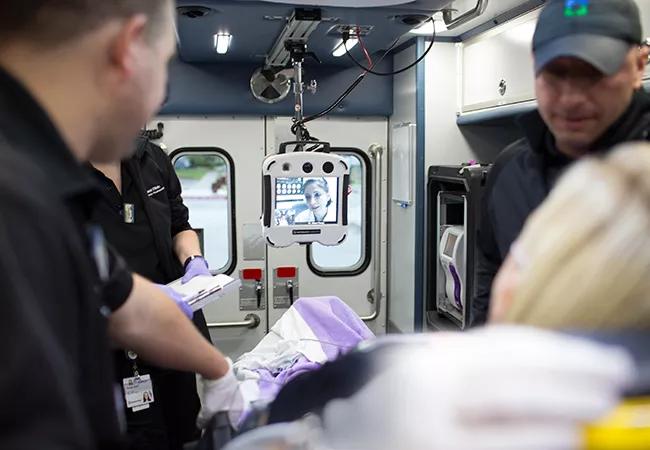
The international PRE-hospital Stroke Treatment Organization (PRESTO) is preparing to bolster its support of mobile stroke units with the formation of its first board of directors, and Cleveland Clinic stroke neurologist M. Shazam Hussain, MD, is among them.
Advertisement
Cleveland Clinic is a non-profit academic medical center. Advertising on our site helps support our mission. We do not endorse non-Cleveland Clinic products or services. Policy
Dr. Hussain, Director of Cleveland Clinic’s Cerebrovascular Center, was elected by the PRESTO membership in March to one of four seats on the board representing the Americas. The board of directors has a total of 13 seats — nine representing global regions that have embraced mobile stroke treatment and four representing supporting specialties, such as nursing and radiography.
“PRESTO has reached the point where we needed a more formalized structure, which is why the board has been created,” says Dr. Hussain. “It will be helpful to advancing the organization as PRESTO continues to grow and mature.”
Dr. Hussain has witnessed that growth from the start, as Cleveland Clinic was among a handful of centers that founded the international consortium. “The first two mobile stroke units were launched in Germany, and the next two were in the United States — at the University of Texas in Houston and at Cleveland Clinic,” he explains. “These four programs, along with a few other centers that had interest in mobile stroke treatment at the time, began to meet at the International Stroke Conference in the U.S. and at the European Stroke Organization Conference. At those meetings we gradually came up with the idea of starting a more organized group to support and advise on prehospital treatment, specifically mobile stroke treatment units.”
The result was the formation of PRESTO around the time of a May 2016 mobile stroke summit hosted by Cleveland Clinic. The organization adopted a mission of improving outcomes of patients with acute stroke worldwide by supporting research and advocacy for prehospital treatment in mobile stroke units. Its central objectives are to be a platform to enhance collaborative research and to support the proliferation of mobile stroke units through professional communication, public education and advocacy to government and industry. The rationale for PRESTO and its organizational structure were detailed in a 2017 white paper published by its founding leaders in the International Journal of Stroke (2017;12:932-940).
Advertisement
“PRESTO does everything from advocating to governments for appropriate reimbursement of mobile stroke treatment to helping new centers build their own mobile stroke programs to supporting research and educational initiatives,” Dr. Hussain notes. “We are seen as the experts on mobile stroke treatment, and our new board will help us make that more and more the case.”
The next PRESTO meeting will be at the 2019 European Stroke Organization Conference in Milan in May.
Advertisement
Advertisement

New study advances understanding of patient-defined goals
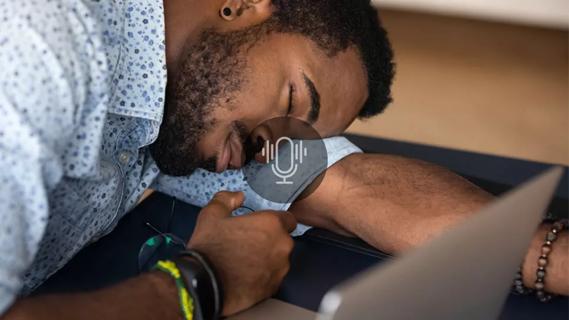
Testing options and therapies are expanding for this poorly understood sleep disorder
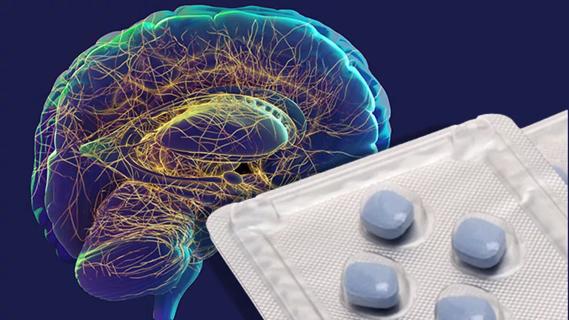
Real-world claims data and tissue culture studies set the stage for randomized clinical testing
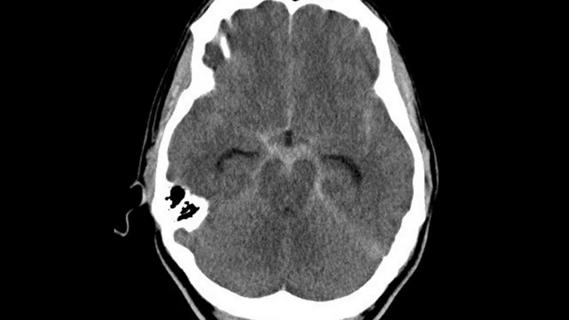
Digital subtraction angiography remains central to assessment of ‘benign’ PMSAH

Cleveland Clinic neuromuscular specialist shares insights on AI in his field and beyond
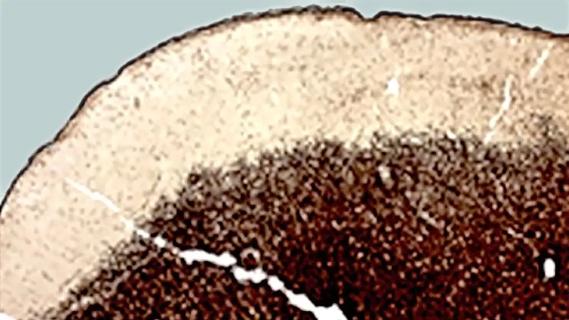
Findings challenge dogma that microglia are exclusively destructive regardless of location in brain
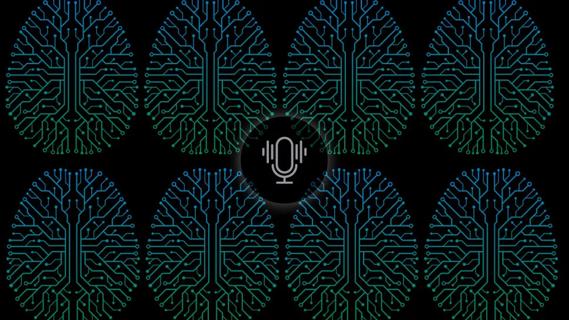
Neurology is especially well positioned for opportunities to enhance clinical care and medical training
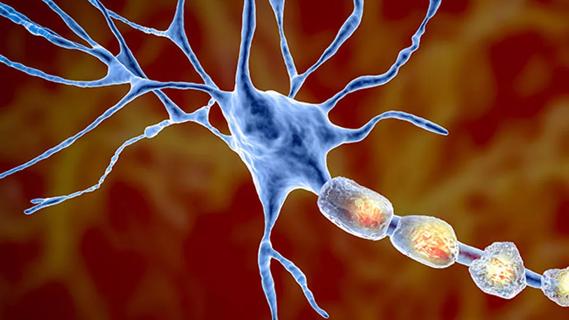
New review distills insights from studies over the past decade